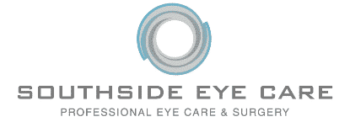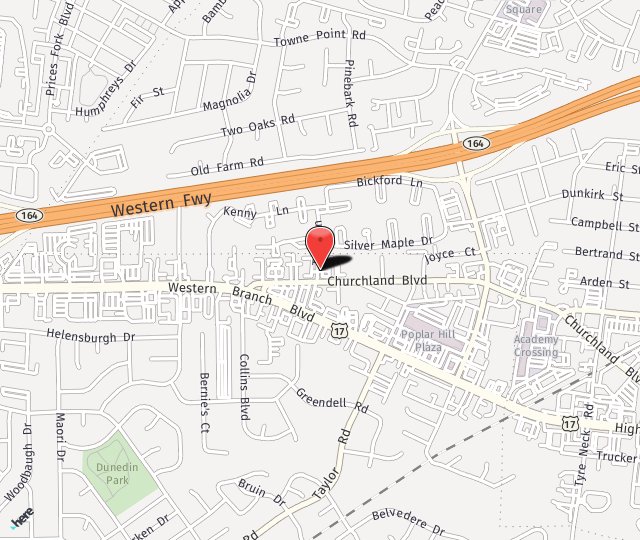Southside Eye Care Participates with the Following Insurances:
- Aetna
- Aetna Better Health
- Anthem
- Cigna
- Davis Vision
- EyeMed
- Humana
- Medicare
- Optima
- Tricare
- United Healthcare
- VA Medicaid
- Virginia Health Network
- VSP
Understanding Vision Insurance
People are often confused about insurance issues related to their eyes. The confusion likely stems from the existence of “Vision Insurance”. The eyes and visual system are unique in the respect that two separate “insurance” systems are in place to care for them, medical insurance and “vision” insurance.
To better understand how these systems work, it might be easiest to use auto service as an analogy.
Vision Insurance is not really “Insurance” at all, but more of a service plan. Like an auto dealer’s plan that covers your car’s oil changes and state inspections, Vision Insurance covers a basic eye checkup and determination of the need for glasses or contact lenses. It usually also offers some benefits toward the purchase of those eyeglasses or contact lenses. Like the car dealer’s service plan, it does not cover any special testing or treatment of problems that arise.
Medical Insurance is like the manufacturer’s “bumper to bumper” warranty. It covers problems. If you have a red, itchy eye, chronic glaucoma, cataracts or get poked in the eye, it is an issue for your medical insurance. If you have diabetes or are taking a medication that can damage the eyes, you might need special testing and would use your medical insurance. However, just like your car’s “bumper to bumper” warranty, medical insurance does not cover maintenance. That means the test for eyeglasses or contact lenses is not usually covered, nor is a routine “checkup”. Just like you cannot expect your “bumper to bumper” warranty to pay for your oil change, your medical insurance probably will not pay for your glasses exam.
The frustrating part for many patients who have both medical insurance and a “vision” plan is the rules that prevent the use of both on the same day. If a patient needs to have a medical examination for dry eyes but wants to use their vision plan to pay for their glasses checkup, they will have to come back on a separate visit. This is frustrating for patients and doctors alike but is the reality of the insurance system.
I hope this breakdown aids in your understanding of a confusing system. Our staff is always willing to help you figure out which “insurance” is appropriate for your visit. We want to help you negotiate the system to the best benefit of your vision and your wallet.

